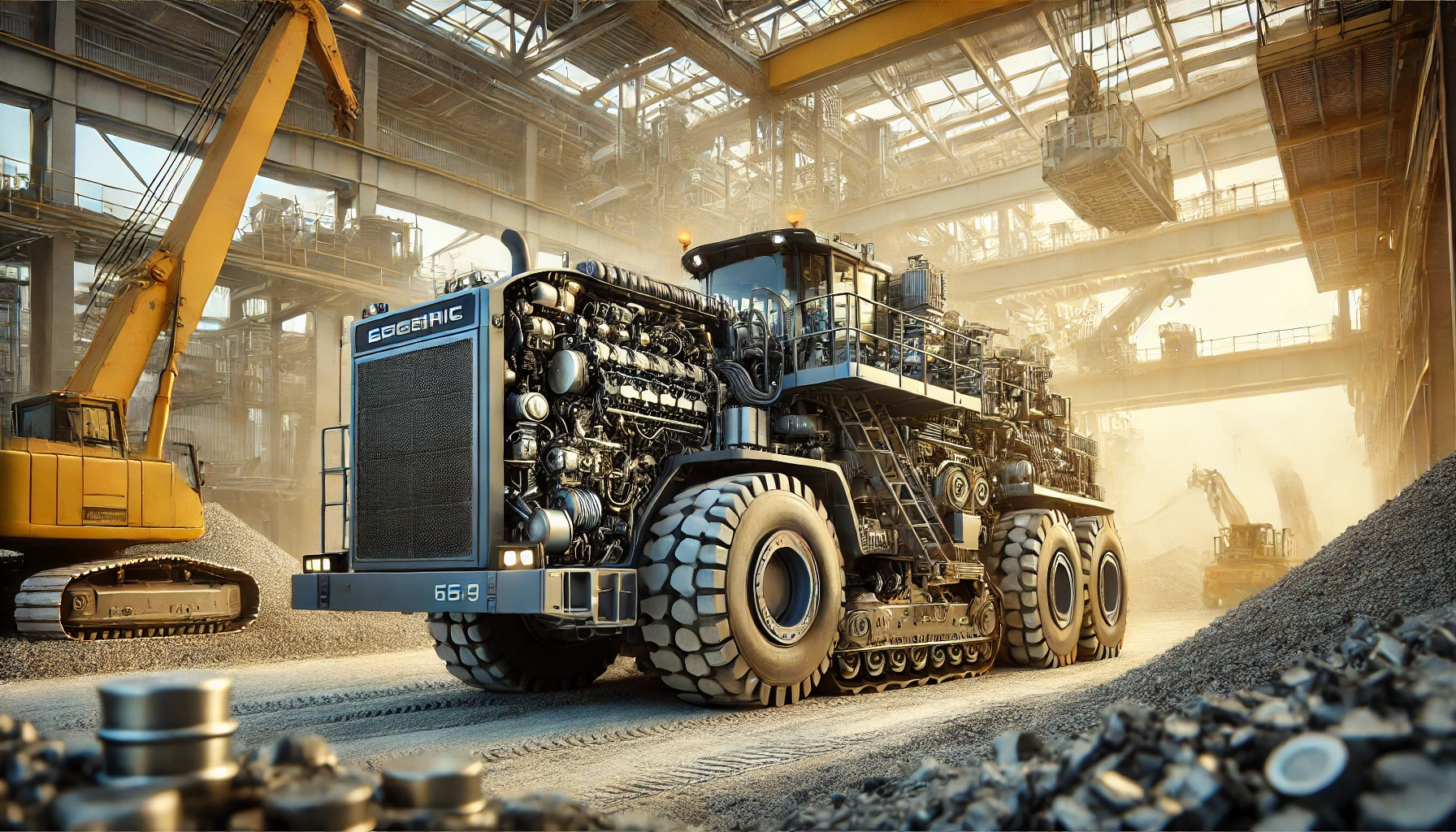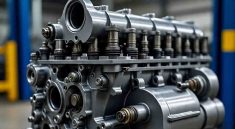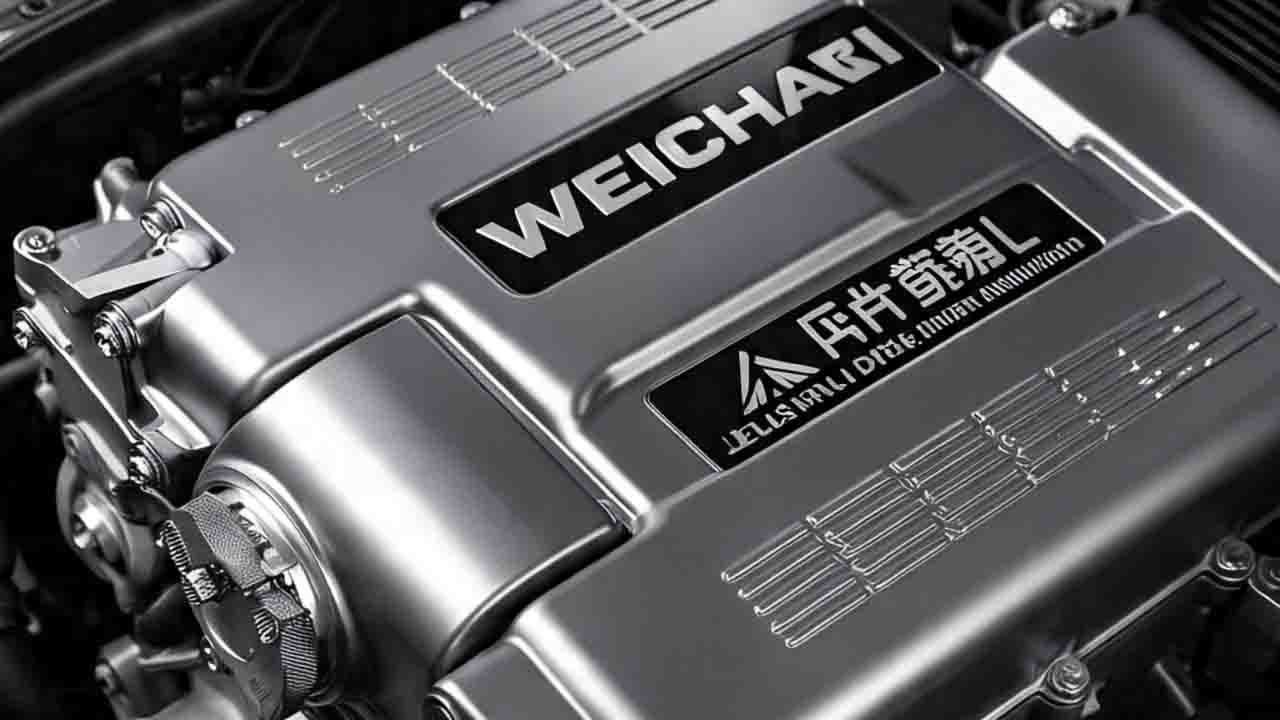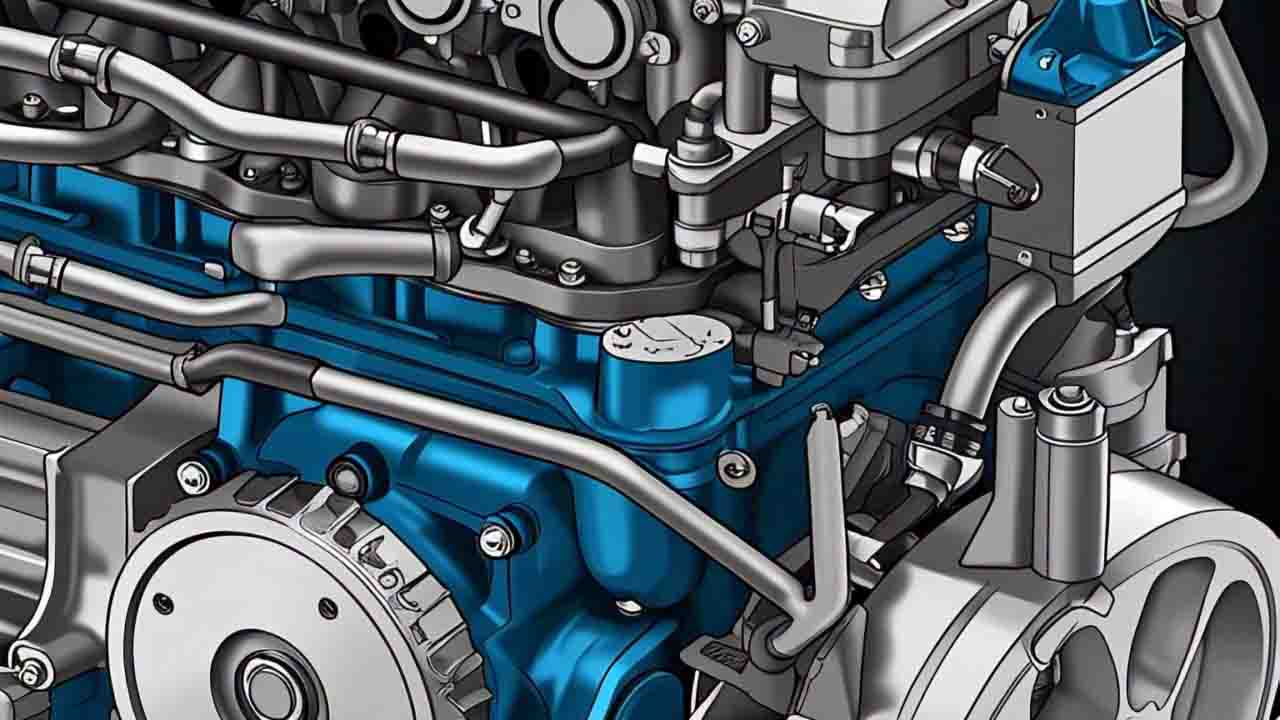Hybrid Engines Efficiency: Powering the Future
As industries shift towards greener solutions, hybrid engines efficiency stands out as a crucial factor in modernizing heavy machinery. By combining internal combustion engines with electric power, hybrid engines deliver optimal performance while minimizing fuel consumption. This dual-power approach reduces wear and tear, resulting in longer engine life and lower maintenance costs.
From construction sites to agricultural fields, the use of hybrid engines efficiency is transforming how heavy equipment operates. Companies are beginning to recognize the economic and environmental benefits of hybrid technology, setting new standards in the machinery sector.
Unlocking the Potential of Hybrid Technology
Hybrid engines efficiency offers a range of benefits that extend beyond fuel savings. Key advantages include:
- Reduced Fuel Consumption: Hybrid systems automatically switch between electric and diesel power, optimizing fuel use in various load conditions.
- Lower Emissions: By relying more on electric power, heavy machinery produces fewer greenhouse gases, contributing to cleaner environments.
- Enhanced Torque and Power: The combination of electric motors and diesel engines enhances performance, making it easier to handle heavy-duty tasks.
These factors not only improve productivity but also help companies meet stricter environmental regulations.
Real-World Applications of Hybrid Engines
Industries such as construction, mining, and agriculture are already reaping the benefits of hybrid engines efficiency. For instance, excavators and loaders powered by hybrid engines are showcasing improved energy usage and lower fuel costs. This shift is particularly noticeable in projects that demand long operational hours and high fuel consumption.
In mining operations, hybrid haul trucks have demonstrated significant fuel savings while maintaining the power needed for heavy loads. Similarly, agricultural machinery equipped with hybrid engines is reducing farming costs by lowering fuel expenses.
The Key Drivers Behind Hybrid Adoption
Several factors are accelerating the adoption of hybrid engines efficiency in heavy machinery, including:
- Rising Fuel Prices: As fuel prices continue to climb, industries are turning to hybrid technology to cut operational costs.
- Environmental Regulations: Governments worldwide are tightening emissions standards, pushing companies to invest in eco-friendly solutions.
- Technological Advancements: Continuous improvements in battery technology and electric motors are making hybrid systems more reliable and cost-effective.
Looking Ahead: The Future of Hybrid Engines
The evolution of hybrid engines efficiency signals a new era for heavy machinery. As technology advances, the integration of renewable energy sources, such as solar and hydrogen, with hybrid engines is expected to further enhance performance. This innovation will drive industries closer to achieving net-zero emissions, reinforcing the critical role of hybrid technology in sustainable development.
Tips for Further Engagement
Explore case studies of successful hybrid engine implementations,
Attend industry conferences focusing on hybrid technology,
Partner with manufacturers developing hybrid solutions for heavy machinery,
By staying informed and proactive, businesses can lead the way in adopting hybrid engines efficiency and secure long-term success in a competitive market.



